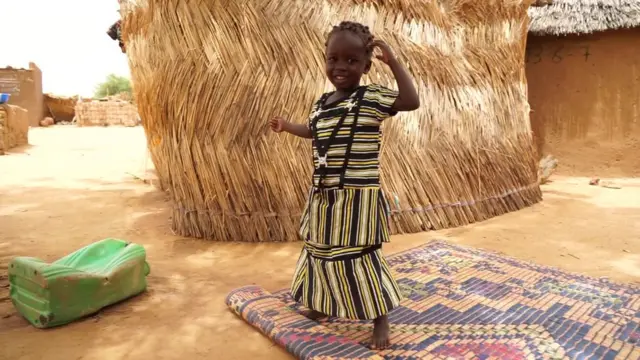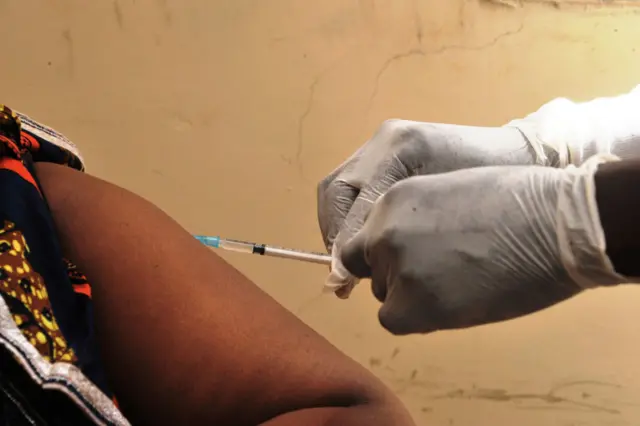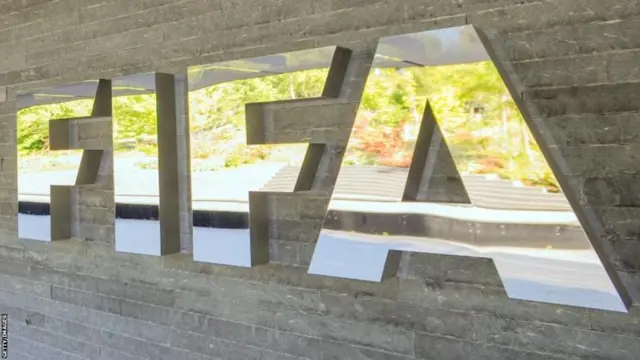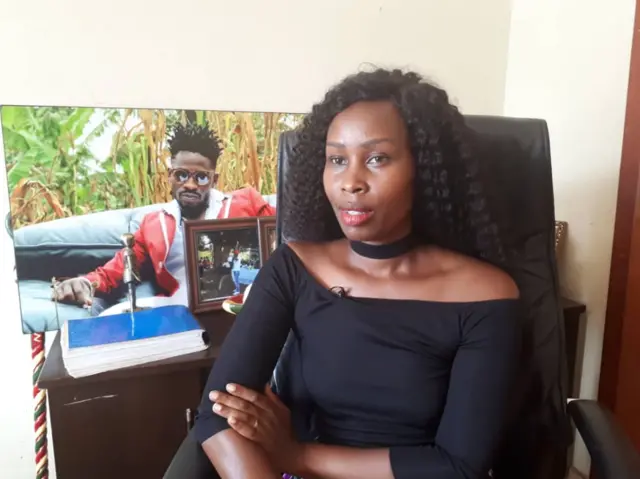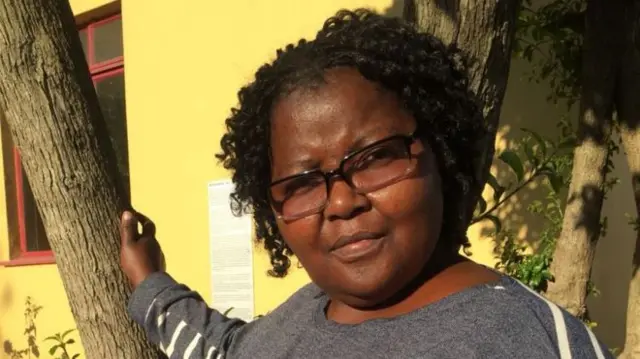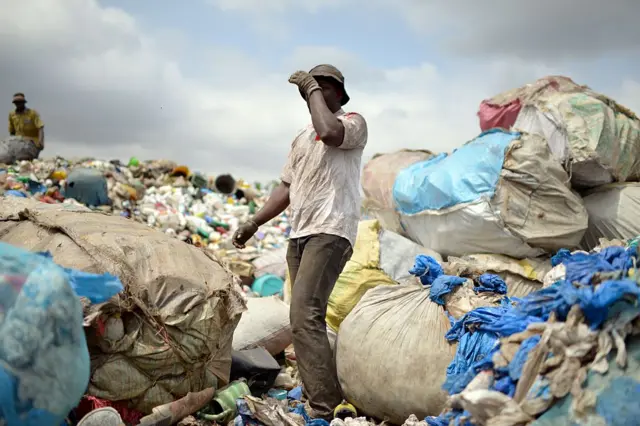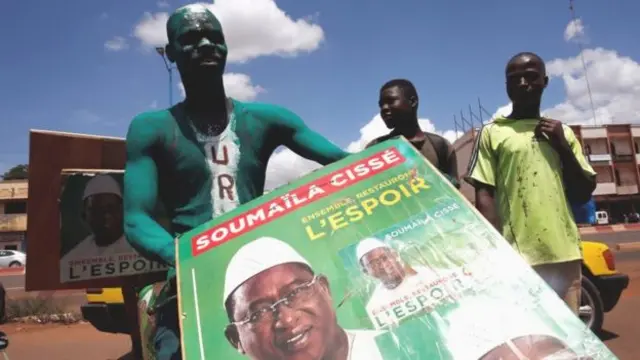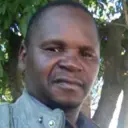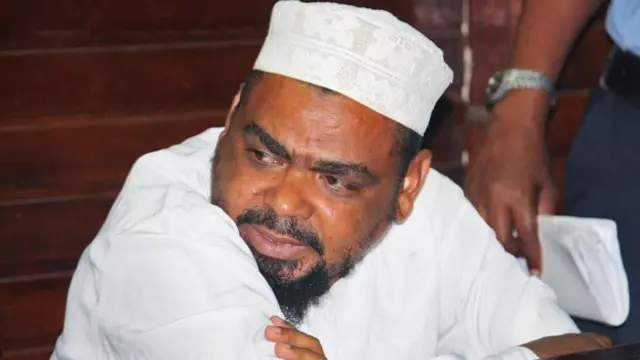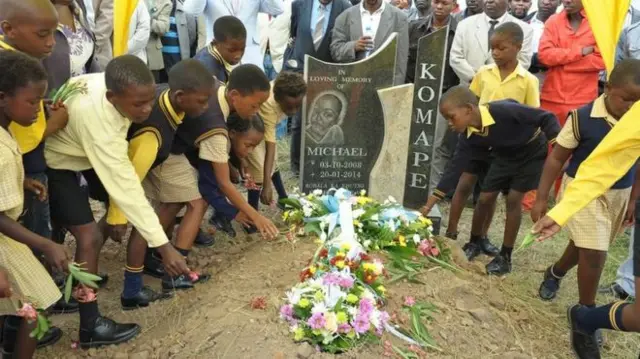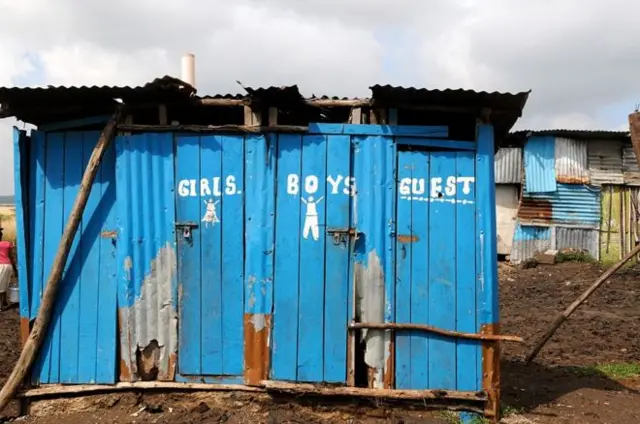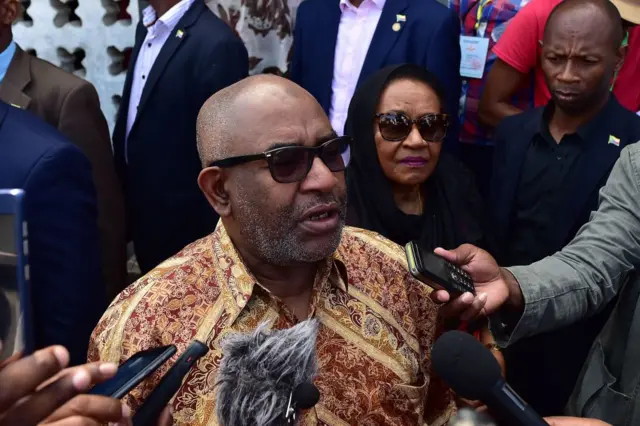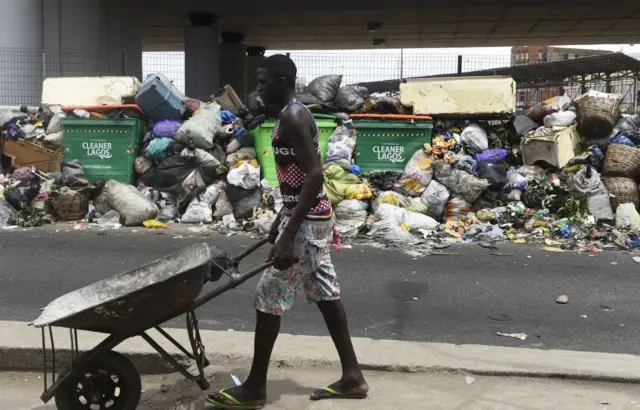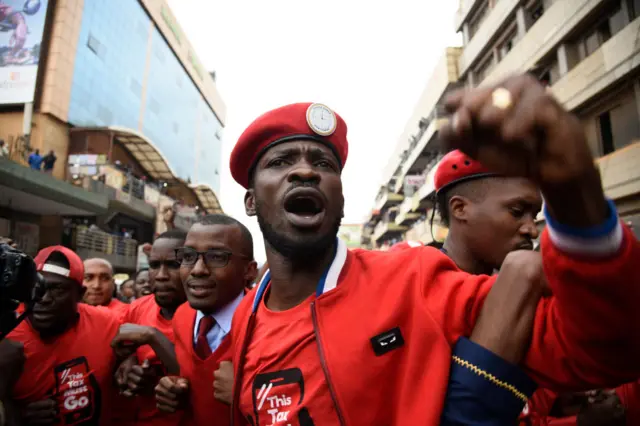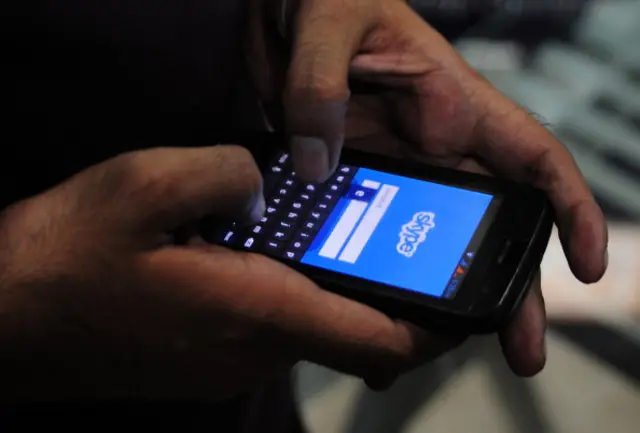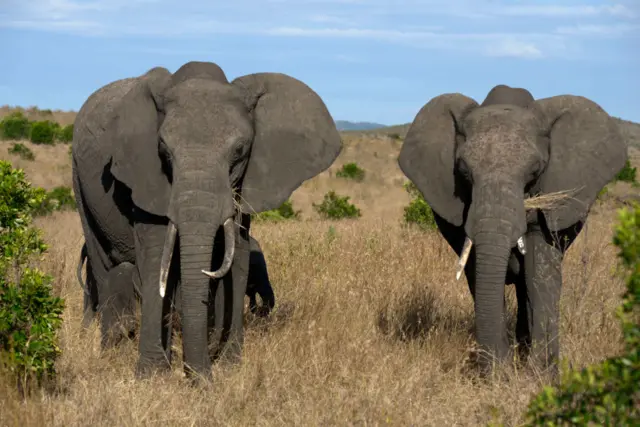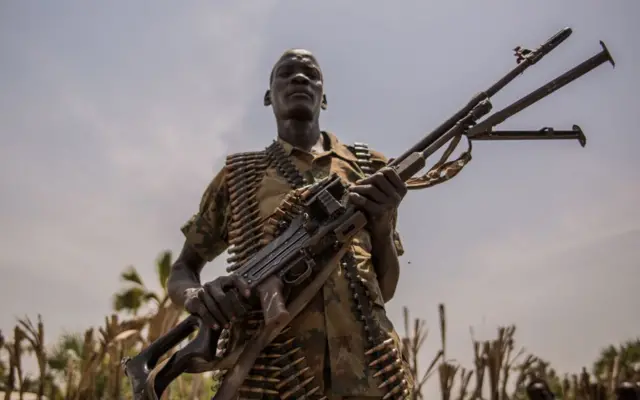Jail for teacher busted sitting student's exampublished at 15:26 BST 14 August 2018
Robert Misigaro
BBC Africa
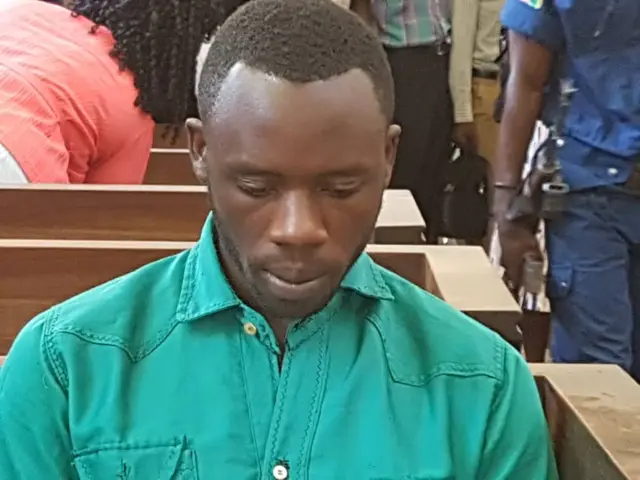
Police were given a tip-off that Benjamin Manirambona would be sitting the test
A Burundian head teacher has been sentenced to five years in prison after disguising himself as a student and attempting to sit a national exam on another person's behalf last week.
Benjamin Manirambona, who heads Butere Technical College, is also banned from teaching or holding public office for a decade.
Manirambona said he was taking the electronics exam on behalf of a soldier who wanted the grades to qualify for university.
The soldier promised to pay Manirambona on his return from Somalia, where he is serving with the Burundian peacekeeping force.
He admitted to the deception after police burst into the examination hall.
His two accomplices, school accountant Eric Nkurunziza and teacher Lazard Nihezagire, have been sentenced to two years in prison and are banned from holding public office for five years.
In Burundi, students taking important public exams are sent to sit them in other schools. This explains why Manirambona was not recognised by other people in the exam hall.
- Read more: Head teacher busted sitting student's exam
